Frozen in time: Teen’s fingerprints still on mirror, untouched bedrooms, sunrise vigils
The grieving parents of three teens killed in separate crashes have spoken of the nightmare struggles and yearly rituals they face as they demand tougher laws to tackle the state’s road toll. Here are their moving stories.
Moreton
Don't miss out on the headlines from Moreton. Followed categories will be added to My News.
The grieving parents of three teens killed in separate crashes have spoken of the nightmare struggles and yearly rituals they face as they demand tougher laws to tackle the state’s road toll.
It comes as the young man who caused the death of one of the teens is due for parole this week, in the middle of Queensland Road Safety Week.
Lynden Joshua Roby, who turns 21 in October, will have served just nine months of a three-year sentence for dangerous driving causing the death of Harrison “Harry’’ Payne in a 4WD crash on Bribie Island’s Woorim Beach on May 30, 2021.
Harry’s grieving parents and those of Ryan Kimball, 16, and Alyssa Postle, 17, have called on Premier Annastacia Palaszczuk to sit down with them, face-to-face, to hear their pleas for more support and tougher sentencing.
Since Harry’s death his mum, Kylie, has kept his room at their Burpengary East home exactly as it was.
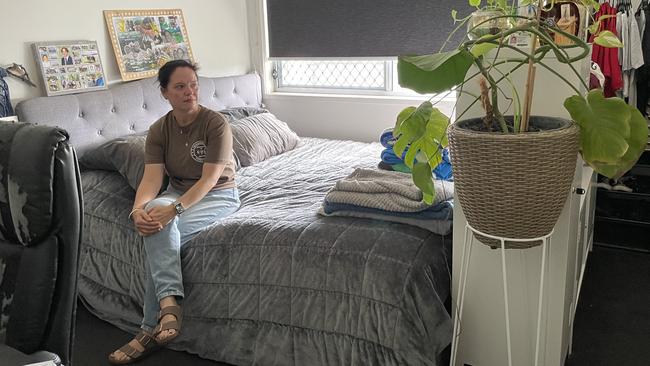
“I haven’t even changed the sheets on his bed. You can still see his fingerprints on his mirror,’’ she said, tears welling in her eyes.
A six pack of beer, the first alcohol he had bought after turning 18 only three weeks before his death, was still there, unopened.
His work shirts were neatly hung up on a clothes rack and two candles, in the shape of the numbers “one’’ and “eight’’, were on his desk.
“His mates bought a cake at Costco and brought it back here. They ate the cake but Harry didn’t want to blow out candles, so he put them on the desk,’’ Ms Payne said.
The District Court was told at a trial last year that Roby, then 18, performed power slides, doughnuts and fishtails, becoming airborne several times before his Toyota HiLux crashed.
Crown prosecutor Philip McCarthy told the court Roby had shown “no insight” after the crash and was booked for performing doughnuts in a building estate, speeding through a school zone, going through red lights and driving unlicensed.
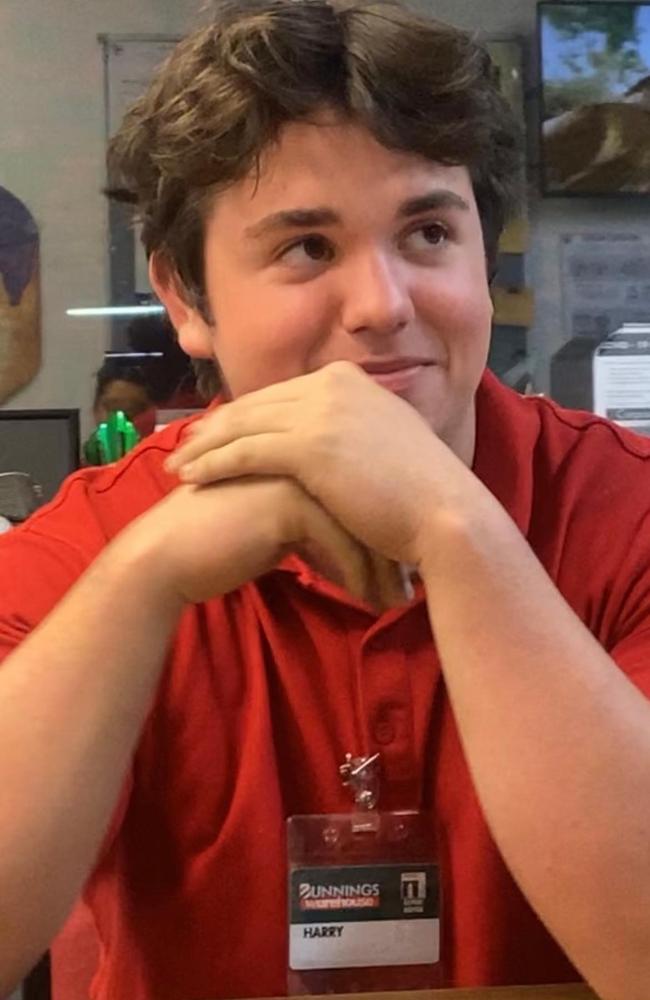
The Postles also have found it very hard to move on.
They said families such as theirs were left to pay for their own counselling and forced to reach out to each other for guidance on how to rebuild their lives.
On Monday, August 14, the third anniversary of Alyssa’s death, they tracked down and visited the rocky foreshore where one of the last photos of their daughter was taken.
“Alyssa loved the beach. The day before the crash she went to Mooloolaba, so we went to the spot and sat there at sunrise and sunset and wrote messages to Lyssy on the rocks with a Nikko (pen),’’ Mr Postle said.
“We had a minute’s silence and a playlist we made up for her. There were nine of us there, including our (other) daughter and son and two nieces.’’
Mrs Postle said it was only after going through her daughter’s phone about four or five weeks after her funeral that she found out she was getting serious with a boy.
He is now a close family friend and has also found it hard to move on.
The boy was there the night a convoy of about six cars raced each other from the Warner Tavern to a nearby KFC.
Alyssa and her friends were told they could not have a meal at the tavern since it was after 6pm and they were only 17.
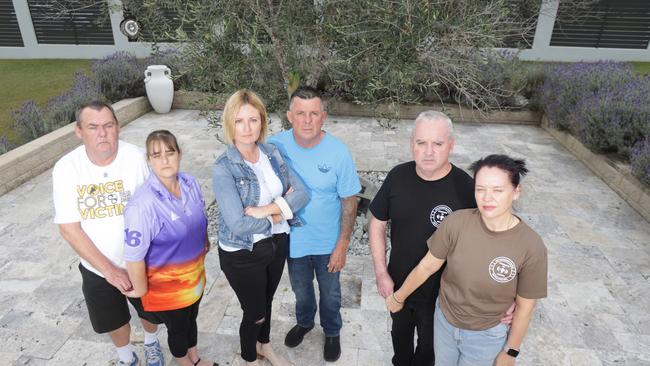
A car driven by a female 17-year-old, who cannot be named for legal reasons, spun out of control during that drive, leaving Alyssa with critical injuries.
The driver had had her P plates for only two weeks.
She was sentenced to two year’s probation, her license was suspended for 12 months and no conviction was recorded.
When the life support machines keeping Alyssa alive were turned off, a social worker handed the Postles a leaflet and circled a help line number.
That was all the government-provided support they received.
Since the accident the couple has set up a support program, Live4Lyss, to educate and support others.

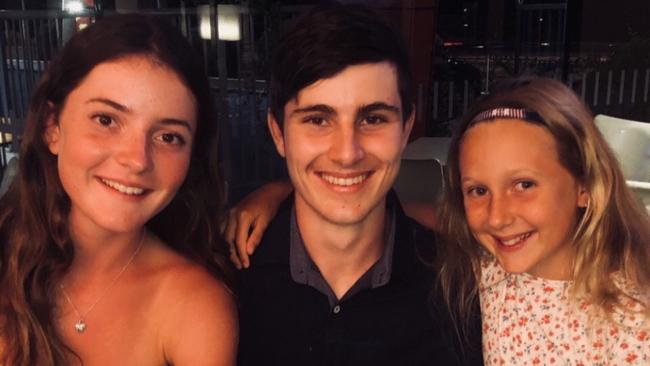
The Paynes and Postles had nothing but praise for police.
But Graeme and Annette Kimball said they did not even get a visit from police in their hometown of Bli Bli after their son Ryan was killed on June 9 last year. He was only 16.
A Maroochydore court heard in April that the 17-year-old L plate driver, who also cannot be named, was driving up to 180kmh in a 60kmh zone before the crash on June 9, 2022.
The driver received an 18 month suspended sentence, 18 month licence disqualification and no conviction.
“I used up all my savings because I couldn’t work. I’ve now had to go back, as a supervisor, but I lose my temper — I can’t cope with the stress,’’ Mr Kimball said.
“We have to pay to see a psychologist. It’s not cheap and they’re in Brisbane, but I hate driving now so even getting there is a problem.
“I have been calling (the Paynes and Postles) asking them about how I’m doing, should this be where I’m up to (coping) at this stage.
“Today (August 17, at a meeting with the Postles and Paynes) was the first time I’ve smiled in 13 months.
“It’s all about the rights of the (perpetrator). The victims and their families get nothing. It’s disgusting.’’
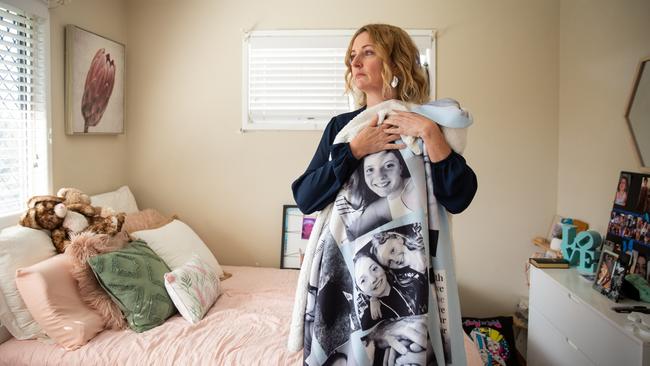
Under Queensland law a minor is charged under the same criminal code and potentially faces the same penalties as an adult, but are dealt with in Children’s Court.
Recent law changes mean 17-year-olds now were detained in youth detention centres.
Technically, the remainder of long custodial terms could be served in adult jails.
Mr Payne said one of the five areas the families wanted addressed included sentencing that reflected the loss of a life and the impact that had on loved ones.
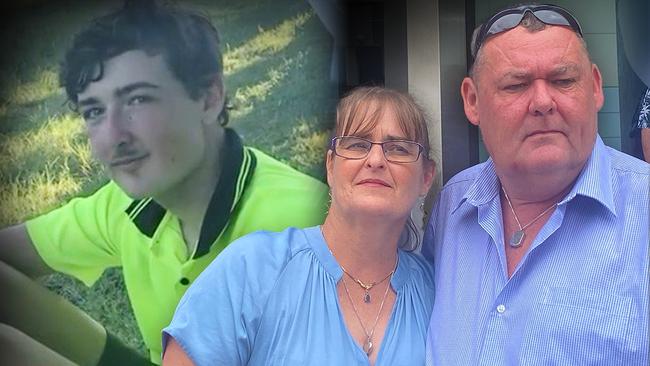
He and Mr Postle said if 17 was deemed old enough to drive a car, it should be old enough to be tried as an adult if road rules were broken.
Mrs Postle said another thing the families wanted was restorative justice.
They believed offenders must face victims’ loved ones, should families ask for that, or attend talks at schools or take other action to show they recognised the impact of their actions.
The girl whose reckless driving killed their beloved daughter had never tried to approach them since the crash and wrote them just one letter.
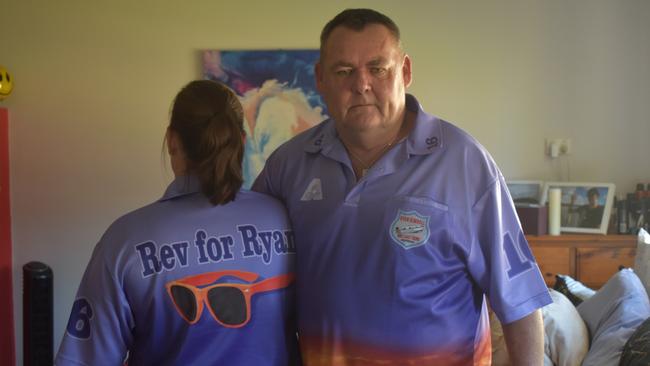
The Paynes, who have set up a major fundraising campaign called The Harrison Payne Initiative, said better education for young drivers was another crucial aim for the group.
Since the initiative was registered as a not-for-profit in November 2021, the Paynes have raised more than $80,000 for families of other road crash victims and supported numerous road safety events, particularly safe beach driving aimed at young people.
One of their goals was for every car in Australia to one day carry a HKP03 bumper sticker.
Nine thousand had already been distributed, including on Moreton-area police cars.
They had also distributed 20,000 road safety brochures to primary schools, held safety awareness events at beaches, given away free driving lessons to learners and set up an impressive website.
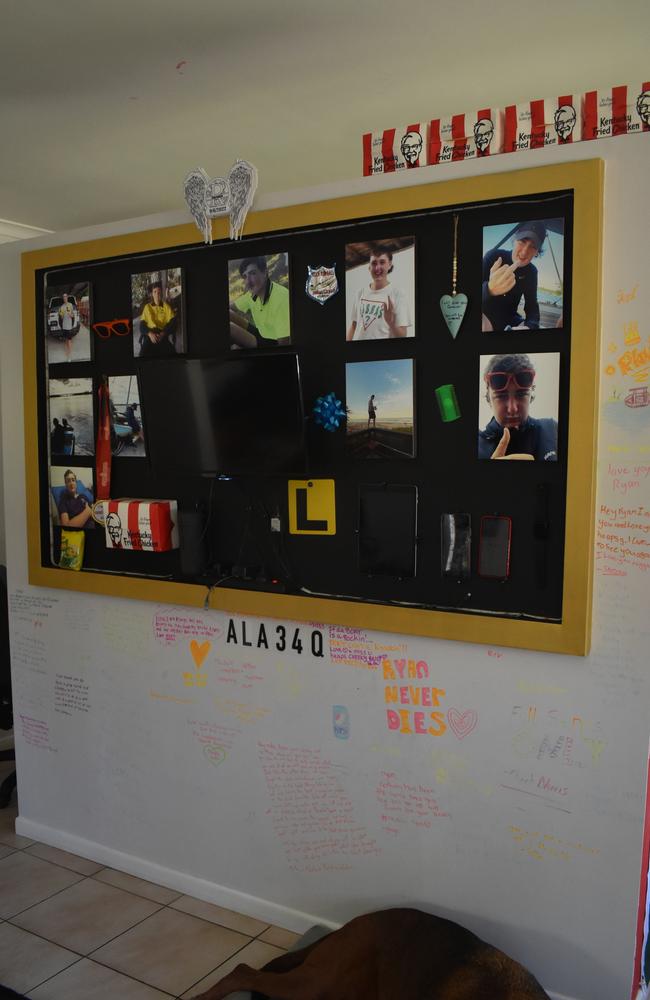
The three families dismissed a road safety roundtable, convened earlier this year by Main Roads Minister Mark Bailey, as just another “box ticking’’ exercise.
“We weren’t invited. None of the families who have been affected were there, it was business leaders, the RACQ and other groups,’’ Kent Payne said.
“We want change. We want to eyeball the premier.
“That roundtable was just ticking the box so they could say they were doing something.’’
Main Roads Minister Mark Bailey said his heart went to the three families.
“I am willing to meet with them at any time to discuss their proposals in relations to my portfolio,’’ he said.
“Road safety and reducing the number of fatalities and injuries on Queensland roads is a key priority for governments, communities, health professionals, police, educators and first responders.
“TMR plays an important role in preventing accidents and fatalities from occurring, from road safety upgrades to proactive education and campaigns, such as next week’s Queensland Road Safety week.
“Recent road safety reforms include the introduction of speed camera technology around schools and worksites, seat belt and mobile phone cameras, adding cocaine to the roadside drug testing program, and tougher fines for speeding.
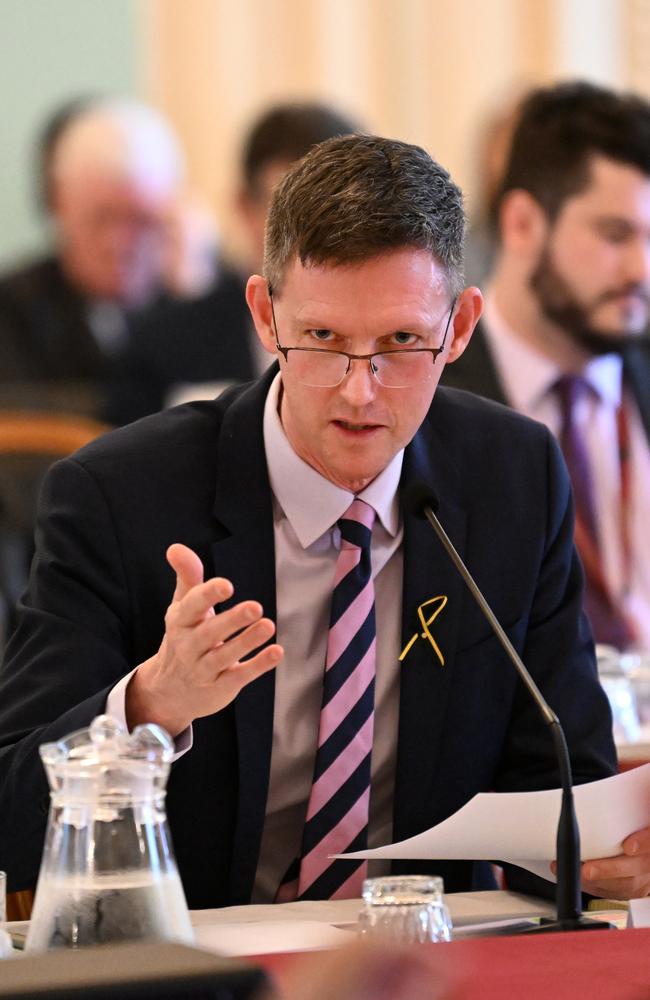
“We are also investigating the introduction of an immediate license suspension for high range speeding offences.
“However, with continuing fatalities and hospitalisations on our roads, it’s important for agencies and governments to be open minded about new ideas to save lives and investigate their feasibility.
“I have asked my department to investigate the proposals put forward by the families in the TMR portfolio and to provide me with their expert advice including benchmarking against any other state and territory jurisdictions and any known outcomes interstate.’’
The Centre for Accident Research and Road Safety – Queensland reports that while 13.7 per cent of the licensed population is aged between 16 to 24, the age group represented a quarter of driver or passenger fatalities in Queensland in 2018.
Those on P-plates had a higher involvement in fatal crashes than learners or those with open licences.
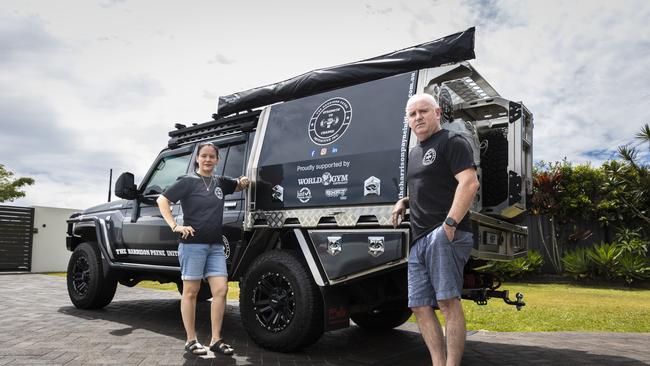
A TMR spokesman said the January Road Safety Roundtable forum included representatives from victims advocacy groups, including the Safer Australian Roads and Highways (SARAH) Group and the CARS Road Safety Awareness group.
“A key outcome was a focus on young driver safety and how young drivers progress through the graduated licensing system,’’ he said.
“This will include a review of all young novice driver learning experiences including both online (PrepL, Prepl-S, National Hazard Perception Test) and practical (100 hours practical driving experience, the Practical Driving Test).
“The aim of this work is to ensure young novice drivers are equipped with the skills they need to drive safely and independently on Queensland roads.
“This is in addition to ongoing efforts to positively influence young driver behaviour, including through StreetSmarts, which is the Queensland’ Government’s road safety public education program; and funding for not-for-profit community organisations to deliver road safety education initiatives through the Community Road Safety Grants scheme.’’
Since 2022, more than $24 million has been awarded to 18 organisations to deliver Learner Driver Mentor and Road Safety Education Programs targeting young people across Queensland.
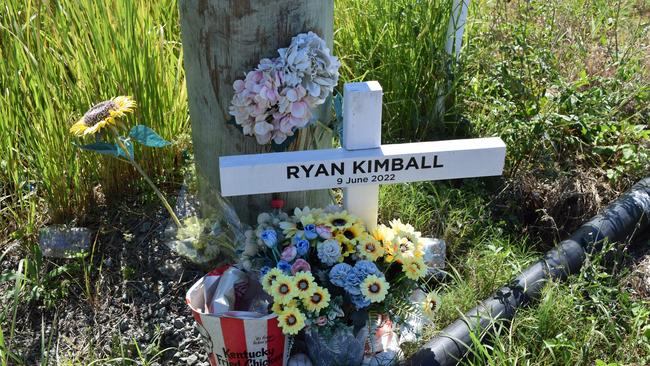
The introduction of an immediate licence suspension for high range speeding was also being investigated.
A spokeswoman for Youth Justice Minister Leanne Linard said her department focused on supporting community safety, tackling the complex causes of youth crime and targeting serious repeat offenders.
“This is why we have long been investing in restorative justice conferencing, as part of a suite of programs that are proven to be effective in reducing offending,’’ she said.
“Restorative justice conferencing brings together the young person, victims of crime and family members face-to-face.
“There have been cases where victims have not wanted a young person to have their licence disqualified.
“This is because the young person has been remorseful and made genuine attempts to turn their life around by getting a job and has needed a licence to drive to work as part of that process.
“Ultimately, it is for police and courts to decide on a case-by-case basis whether a young person should be referred to a restorative justice process.
“The Youth Justice Act 1992 also makes it mandatory for a court to consider referring any offence to which a child had pleaded guilty to a restorative justice process.’’
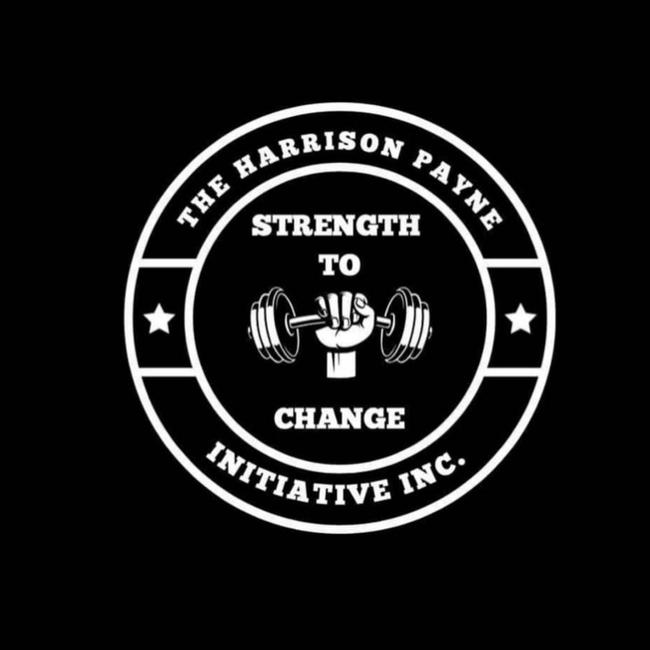
She also said the government this year strengthened laws to deal with serious repeat offenders, including increasing maximum penalties for unlawful use of a motor vehicle and requiring courts to take into account previous bail history, criminal activity and track record when sentencing.
“Sentencing guidelines in the Youth Justice Act make it clear that young people who commit offences should be held accountable and the community should be kept safe, particularly in respect of recidivist high-risk offenders,’’ she said.
“We also recognise how important it is to listen to the victims of crime, which is why a victim representative has been included on the Queensland Government’s Youth Justice Strategy Reference Group.’’
But the parents said they were unconvinced the government was taking the concerns of victims’ families seriously despite claims of funding and programs.
They pointed out that they had to pay for counselling, they had received no compensation, particularly for loss of income when they were too distraught to work.
None of the drivers who had killed their children had apologised, let alone personally fronted them.
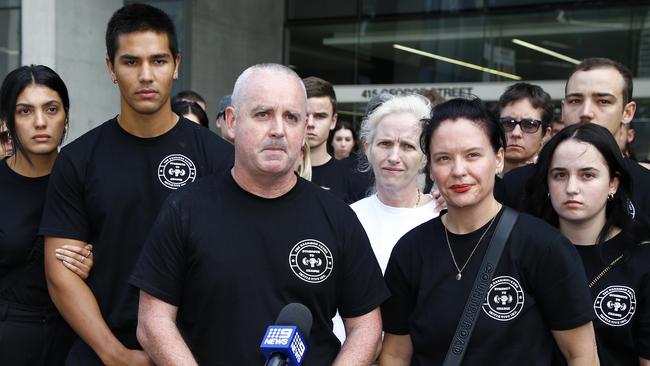
They had to reach out to each other for help, support and guidance, with their local police — who had actually faced both the families and the drivers and their families — the only government officials to offer them any real support.
Despite claims of tougher sentencing, the parents pointed out that two of the three drivers in their cases received no conviction and no jail time, while the third would be released after only nine months.
None of the drivers had taken part in education programs in schools or programs to re-educate themselves, they had not fundraised a cent to help victims or done anything to promote road safety.
They all kept driving right up until their court dates and would soon be back on the roads.
The Kimballs, Postles and Paynes said they had been in contact with others left to deal with similar trauma.
None of them were not about to give up. Rather, they vowed their voices would become stronger.
“Every day we are growing in numbers. We’re not going away until something is done,’’ Mr Kimball said.





